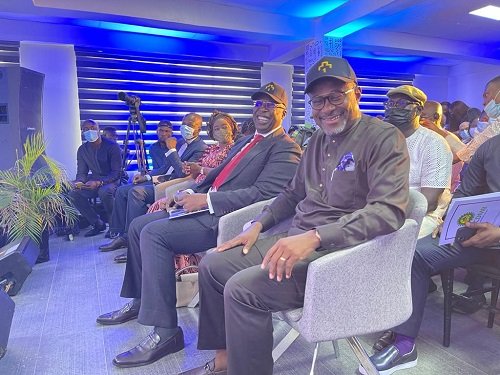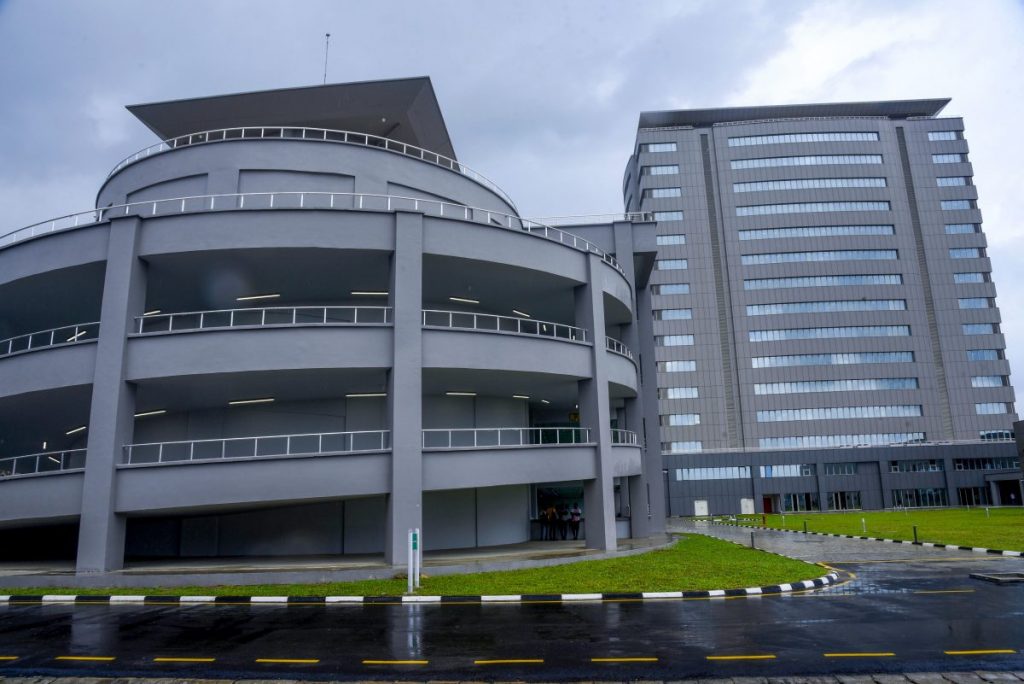 13 August 2013, Sweetcrude, Port Harcourt – The entry of socialist policies into the very hearts of capitalist domains was the direct fallout of the need to breach inequities for social balancing. Housing allowances, unemployment benefits, the National Health Care Scheme, (the NHS) in England, paedestrian walks, foot bridges, the special parking spaces for the physically challenged, free primary and secondary education, institutionalised loans for tertiary education, are some of the strategies developed by the civilised world to breach inequities in their societies.
13 August 2013, Sweetcrude, Port Harcourt – The entry of socialist policies into the very hearts of capitalist domains was the direct fallout of the need to breach inequities for social balancing. Housing allowances, unemployment benefits, the National Health Care Scheme, (the NHS) in England, paedestrian walks, foot bridges, the special parking spaces for the physically challenged, free primary and secondary education, institutionalised loans for tertiary education, are some of the strategies developed by the civilised world to breach inequities in their societies.
In terms of human and natural resources, Nigeria is adjudged to be potentially richer than both the United Kingdom and France but because this country does not recognize the existence of inequities, she has not developed a template for dealing with it. The result is that in the Northern parts of the country where the people are held captive by religious and social cultures that promote tolerance of the most uncomfortable circumstances and unconditional respect for the privileged class, extremities of the worst forms have now developed and held that part of the country hostage. In the South East, inequities have redefined the demographics of the area such that in every ten males, only three would aspire to acquire education. The rest are either aspiring to do business or are already in some business. The creative spirit which also grew from the inequities in the region are no fitting statistics to judge it by since the same inequities produced the destructive genius to compromise and undermine the produce of the creative few in the region.
The people of the Niger Delta wasted no time in joining foreign elements to carry on the lucrative oil and gas business within their homes, farmlands, creeks and rivers. More than 100 “refineries” are carrying on business in the Niger Delta, business that has wiped out the animal population of the region and threatens the existence of the human population. The government has played an active role in the growth of this phenomenon if only for not taking steps to breach inequities in the region. But it does not end there.
The Presidency, the Petroleum Ministry and the NNPC, the monumentally incompetent triumvirate that supervises the oil and gas industry, has actively nourished that environment for the chaos she finds herself in. It has taken the triumvirate forever to produce a Petroleum Industry Bill that would have put youths in that region in classrooms and offices. Hitherto, crude oil theft was conducted officially by privileged officials in the NNPC to the knowledge of locals who have in simulation, given themselves the ‘license to lift.’ Several years ago, I was privileged to learn that the NNPC, given a sound proposal for detecting pipeline vandalism and oil spill within seconds of their occurrence cared more about the loss of the opportunity to award contracts to replace vandalised pipes and structures. It is public knowledge that if the NNPC cared, she could detect the vandalisation of a pipe in Calabar within seconds of its occurrence from Lagos without placing security guards around the pipes for manual surveillance. However the Nigerian culture for gratification through the award of bogus contracts to well connected contractors and penitent militants has stronger roots than the imperatives of technological and consequently, social development.
This stalemate situation continues to exist like a comedy of errors: crude oil theft is multiplying at a phenomenal rate, the environment of the Niger Delta is perishing fast, the fortunes of the petroleum industry is plummeting daily and the Nigerian state which has wrongly depended on the industry, stands first in the queue of casualties to come from this tragic comedy. The bigger tragedy is that it does not appear as though we are even preparing to take stock of our unforced errors in the industry with a view to keeping the final tragedy at bay.



